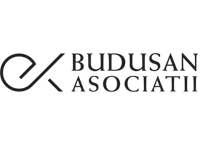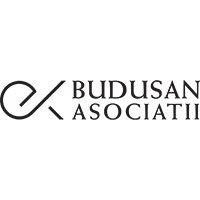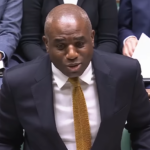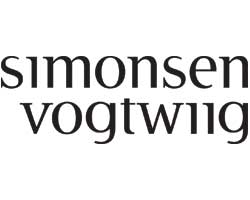
Ovidiu Budusan discusses corporate prosecutions in Romania
As early as 2006, the Romanian legislators adopted the view that, similar to individuals, corporations have a distinct, if collective state of mind that is similarly capable of committing crimes, and regulated the criminal liability of corporations. Since then, corporate prosecutions are nothing new to the country, but remain a matter of controversy, as the metaphorical gun is held by the government to the head of businesses, shareholders, board members, CEOs, CFOs – and the list of acronyms may go on and on.









